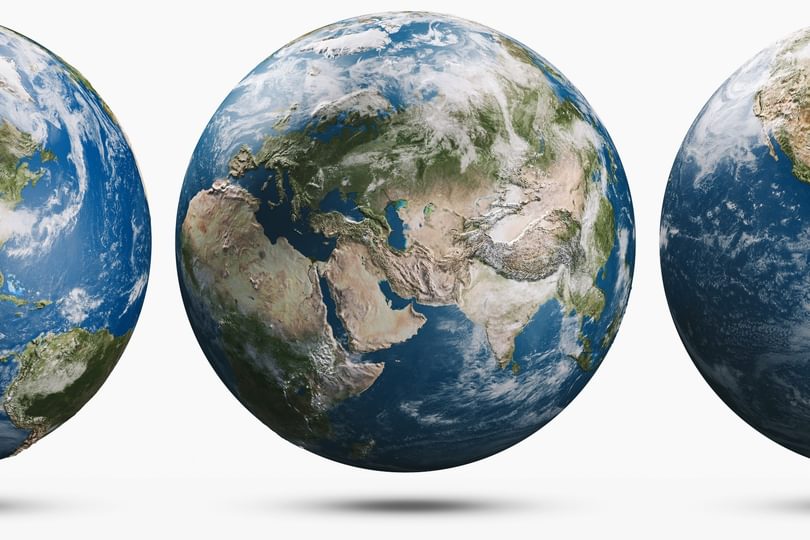
Next year will see an alignment of three of the big planetary bodies of diplomatic summitry – the UNFCCC’s Conference of the Parties (COP26), the G7 and the G20.
COP26 was due to take place in November this year, but was coronascuppered and will now happen towards the end of 2021. COP26 is being co-hosted by the UK and Italy and, as chance would have it, next year the G7 will be hosted by the UK and the G20 will be hosted by Italy.
While COP26 is likely to focus on achieving broad agreement on shorter-term emission reductions up to 2030, there is an opportunity to use the G7 and G20 summits to set a longer-term goal of achieving global net zero by 2050.
All the members of the G7 (with the notable exception of the US) have made varying degrees of commitment to achieve Net Zero by 2050.
· The European members (the UK, France, Germany and Italy) have either explicitly legislated to achieve Net Zero by 2050 (the UK and France) or are covered by EU-wide commitments.
· Canada: during last year’s general election campaign, Prime Minister Justin Trudeau pledged to make Canada carbon neutral by 2050 if re-elected – which he duly was.
· Japan: Japan’s cabinet has adopted a long-term emissions reduction strategy under the Paris Agreement, including the goal to be carbon-neutral soon after 2050
By the end of this year we can expect to have a result from the US Presidential Election. I say this somewhat more tentatively than I might – this year has been extraordinary. We have already seen things that we would never have forecast: negative oil prices, a quintupling of unemployment in the US in the space of a month – and a 99-year-old topping the UK singles chart. There is a non-zero probability that one (or possibly both) of the septuagenarians vying for the US Presidency will succumb to COVID-19 – especially if they are exposed to crowds while campaigning. Notwithstanding such further curveballs, either Donald Trump will be re-elected or Joe Biden will become the 46th President of the United States. If Trump is re-elected, then we can wave goodbye to any G7-wide climate commitment. But if it’s Biden, he has already pledged to pursue Net Zero by 2050. In such circumstances, it would be remarkable if the communique from the G7 did not contain such a commitment.
The G7 accounts for a little over half of the global economy and slightly less than 30% of global emissions. Should the G7 make a mutual commitment to Net Zero by 2050, it would represent a highly significant move. It also opens the opportunity to push for a similar commitment from the G20 countries, who between them account for about 85% of the global economy and about 80% of global emissions.
But getting a G20-wide commitment would be a much tougher objective. Countries such as China and India have economies which are far more carbon-intense – more carbon dioxide is emitted per million dollars of GDP – than the G7 economies. Enforcing one common carbon price across all countries – the kind of policy beloved of many economists – is likely to be seen as unfair. For a start it is regressive in nature – it would consume a larger proportion of resources for poorer people than for richer people – so it would act to increase economic inequality. And a uniformly applied carbon price on emissions would take no account of historic emissions from countries that industrialised earlier. The fact that carbon dioxide persists in the atmosphere so long means that the whole world is suffering the consequences of emissions from years gone by. The fact that those emitters did not know that their actions would result in long-term harm does not absolve responsibility for that harm.
Countries who started down industrialisation later than the G7 economies feel like latecomers to a five-course dinner. They arrive in time for dessert and then the other people in the group expect them to split the overall bill equally. A mechanism that acknowledges both current and historic emissions will be essential to achieve global agreement.
This is a rare moment - the UK and Italy can coordinate the agendas of COP26, the G7 and the G20 to ensure that we put ourselves on track for achieving global Net Zero by 2050. It will be many years before such a fortuitous conjunction occurs again – it is an opportunity we must not squander.
This opinion piece reflects the views of the author, and does not necessarily reflect the position of the Oxford Martin School or the University of Oxford. Any errors or omissions are those of the author.
